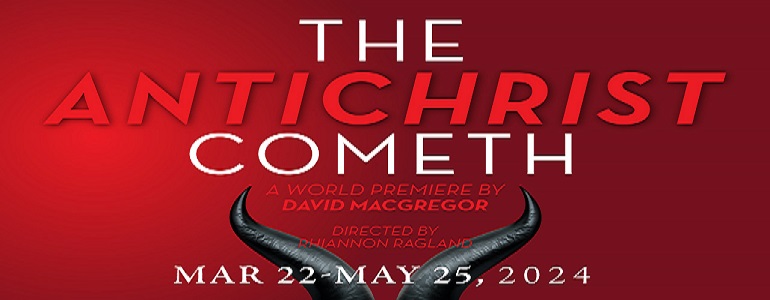By Manja Holland, National Wildlife Federation
Leading a nationwide trend in community concern for habitat loss, Ann Arbor has been officially designated as a NWF Community Wildlife Habitat by the National Wildlife Federation (NWF). The distinction for this city is the 106th community in the country and the second in Michigan to receive this honor. A Community Wildlife Habitatproject creates multiple habitat areas in backyards, schoolyards, corporate properties, community gardens, parkland and other spaces.
“The residents of the City of Ann Arbor have shown that we can build healthy wildlife habitats in our own backyards, our community spaces and our schools.” said Manja Holland, regional education manager with the National Wildlife Federation Great Lakes Regional Center.
NWF commends the dedicated residents of Ann Arbor and the Washtenaw Wilderness team for their wildlife conservation efforts and for coming together for a common purpose – to create a community where people and wildlife can flourish. At a time when communities are faced with the problems of losing habitat to development, Ann Arbor stands out as a model for other communities to emulate. The knowledge and inspiration that this project has generated will lead Ann Arbor residents and visitors to take better care of their natural world.
A local National Wildlife Federation volunteer, Mary Lapp, helped coordinate a group called Washtenaw Wilderness to spearhead the effort to designate Ann Arbor as an NWF Community Wildlife Habitat. Lapp and Washtenaw Wilderness have helped grow Ann Arbor’s certified habitat to 241 homes, 23 common areas and 8 certified schoolyard habitats. A formal ceremony designating Ann Arbor as an NWF Community Wildlife Habitat was held during the city’s annual Earth Day Festival, where Mayor Christopher Taylor and Lapp received a certificate presented by NWF Great Lakes Regional Executive Director and “Ranger Rick.”
“In 2013, I learned about the NWF Community Wildlife Habitat (CWH) Program, and it appealed to me because it offers a hands-on way for ordinary people to become a part of the solution to habitat destruction,” said Lapp. “The program is designed to be accessible to anyone, regardless of their level of awareness about the precarious existence of many of our native species. Participation can be as simple as adding a birdbath to your balcony garden, or it can be more comprehensive, like replacing acres of lawn with a native prairie.”
The Washtenaw Wilderness group included Natural Area Preservation (NAP) – City of Ann Arbor; Washtenaw County Parks and Rec.; Wild Ones – Ann Arbor Chapter; Washtenaw Audubon Society; Washtenaw County Commission (Rep. Yousef Rabhi); NWF Great Lakes Regional Center; “America’s Nature Guy” (Peter Schriemer); Creating Sustainable Landscapes LLC; the Thurston Nature Area; and the Ann Arbor Wolfpack.
“The Community Wildlife Habitat program is a terrific platform for introducing children to nature and our role in protecting it, but it also has been a touchstone for changing the predominant cultural perception that conservation is a sacrificial service,” continued Lapp. “When community members make small changes on their properties to benefit wildlife, such as growing native wildflowers, not using pesticides, keeping their cats indoors, or leaving the trunk of a dead hardwood tree for animals to use, we are all rewarded with greater opportunities for interaction with the natural world in their daily lives.”
NWF’s Certified Wildlife Habitat program has been helping people take personal action on behalf of wildlife for 45 years. The program engages homeowners, businesses, schools, churches, parks and other institutions that want to make their communities wildlife-friendly.
The Community Wildlife Habitat project is part of NWF’s Garden for Wildlife program. These projects benefit the entire community of plants, wildlife, and people through the creation of sustainable landscapes that require little or no pesticides, fertilizers, and excess watering. These landscapes help keep water and air resources clean. They are healthier for people and the environment, and are less resource-dependent than conventional landscapes. Habitat landscapes can serve to beautify our urban areas and give residents pride in their neighborhoods.
May is Garden for Wildlife Month. To date, 107 cities have been recognized with Community Wildlife Habitat certification. Since 1973, NWF has provided more than 7 million people with the basic guidelines for making their landscapes more wildlife-friendly. There are more than 217,000 certified habitats nationwide. For more information, please go to: Garden for Wildlife.












